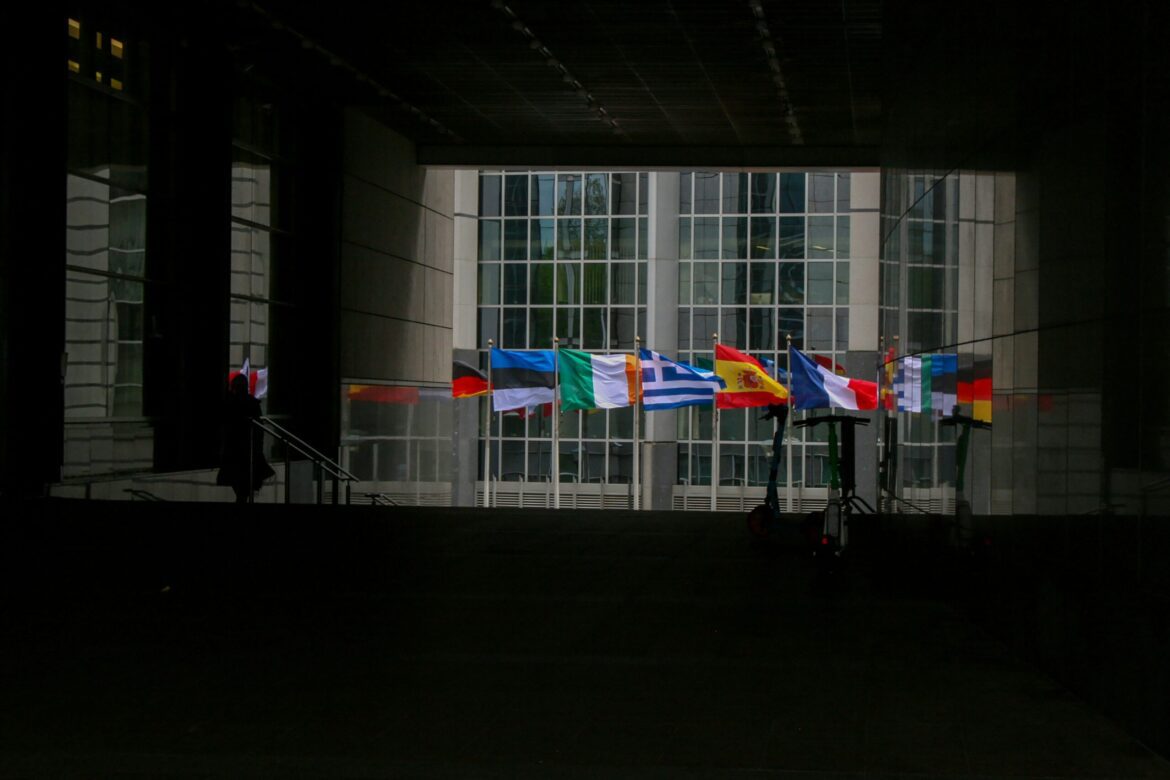On February 5, 2025, President Donald Trump signed a sweeping executive order directing the United States to formally withdraw from the United Nations Human Rights Council (UNHRC). The order also halted American support for the United Nations Relief and Works Agency for Palestine Refugees in the Near East (UNRWA) and initiated a comprehensive review of the U.N. Educational, Scientific and Cultural Organization (UNESCO). These moves signal a significant shift in U.S. foreign policy regarding multilateral human rights and humanitarian engagement.
Reasons Behind the Withdrawal
The Trump administration cited longstanding concerns over what it describes as the UNHRC’s “persistent bias” against Israel, alleging that the Council has consistently singled out Israel for criticism while ignoring abuses committed by other member states. Officials argued that this perceived imbalance undermines the Council’s credibility and effectiveness in promoting global human rights.
Regarding UNRWA, the administration expressed skepticism about the agency’s role, accusing it of perpetuating the Palestinian refugee crisis rather than facilitating its resolution. The U.S. also questioned the management and oversight of UNRWA funds, emphasizing a need to reconsider the nation’s financial contributions.
The decision to review UNESCO stems from concerns about its governance, priorities, and alleged political biases, particularly in matters related to cultural heritage and historical narratives in conflict zones.
International Reactions and Criticism
The U.S. withdrawal drew swift and broad condemnation from international organizations, human rights groups, and allied governments. The European Union, Canada, and many Middle Eastern countries expressed regret over the decision, warning that it could weaken the global human rights framework and diminish America’s influence on international norms.
Michelle Bachelet, former UN High Commissioner for Human Rights, stated, “The U.S. has been a pivotal leader in advocating for human rights worldwide. This withdrawal risks undermining the progress made in promoting accountability and justice.”
UN Secretary-General António Guterres voiced concern, emphasizing the importance of “engagement, not withdrawal,” to address global human rights challenges effectively.
Domestic Political Response
Within the United States, the move sparked debate among lawmakers, activists, and the broader public. Supporters of the administration praised the decision as a bold step toward defending American interests and combating what they view as institutional biases within the U.N. system.
Conversely, critics—including many Democrats and some Republicans—warned that withdrawing from the UNHRC and defunding key humanitarian agencies sends the wrong message at a time when global human rights abuses continue unabated. They argued that the U.S. should work to reform such institutions from within rather than abandoning them.
Impact on Humanitarian and Diplomatic Efforts
The suspension of funding to UNRWA, which provides education, healthcare, and social services to millions of Palestinian refugees, raised immediate concerns about the welfare of vulnerable populations. Humanitarian organizations cautioned that the funding freeze could exacerbate already dire conditions in refugee camps across the Middle East.
Furthermore, the U.S. withdrawal from the UNHRC removes one of the world’s most influential human rights platforms where the U.S. had historically played a leadership role in shaping policies and responses to abuses.
Future of U.S. Engagement with the U.N.
The administration’s review of UNESCO may lead to further recalibrations of American participation in U.N.-affiliated bodies. Analysts suggest that the Trump administration is pursuing a foreign policy strategy prioritizing bilateral agreements and national sovereignty over multilateral cooperation.
Observers note that this policy shift could have long-term implications for the U.S.’s standing in global affairs and its ability to influence international human rights standards.
Conclusion
The Trump administration’s decision to withdraw from the United Nations Human Rights Council, defund UNRWA, and review UNESCO marks a significant pivot in American foreign policy, eliciting mixed reactions worldwide. As the global community adjusts to these changes, the effectiveness of international human rights mechanisms and humanitarian programs faces new challenges.

